
More marsupial fun from @lab-turner.bsky.social. Congrats @sermenchero.bsky.social
04.12.2025 08:35 — 👍 20 🔁 3 💬 2 📌 0@lab-turner.bsky.social
Account of the Turner lab at the Francis Crick Institute in London. We study sex chromosomes and their impact on health and disease. Rotating curation by lab members. https://www.crick.ac.uk/research/labs/james-turner

More marsupial fun from @lab-turner.bsky.social. Congrats @sermenchero.bsky.social
04.12.2025 08:35 — 👍 20 🔁 3 💬 2 📌 0This work was led by Ruta Meleckyte and Waz Varsally, with Ben Powell, Jasmin Zohren, and in collaboration with @astra-zeneca.bsky.social
23.10.2025 11:06 — 👍 1 🔁 0 💬 0 📌 0
Our latest 📢 We generated isogenic iPSCs with XX, XY, XO and XXY karyotypes to study sex chromosome effects 🧫 While XX and XY transcriptomes are similar, XO cells showed an important effect of the Y and inactive X @crick.ac.uk @stemcellreports.bsky.social www.sciencedirect.com/science/arti...
23.10.2025 11:06 — 👍 6 🔁 3 💬 2 📌 0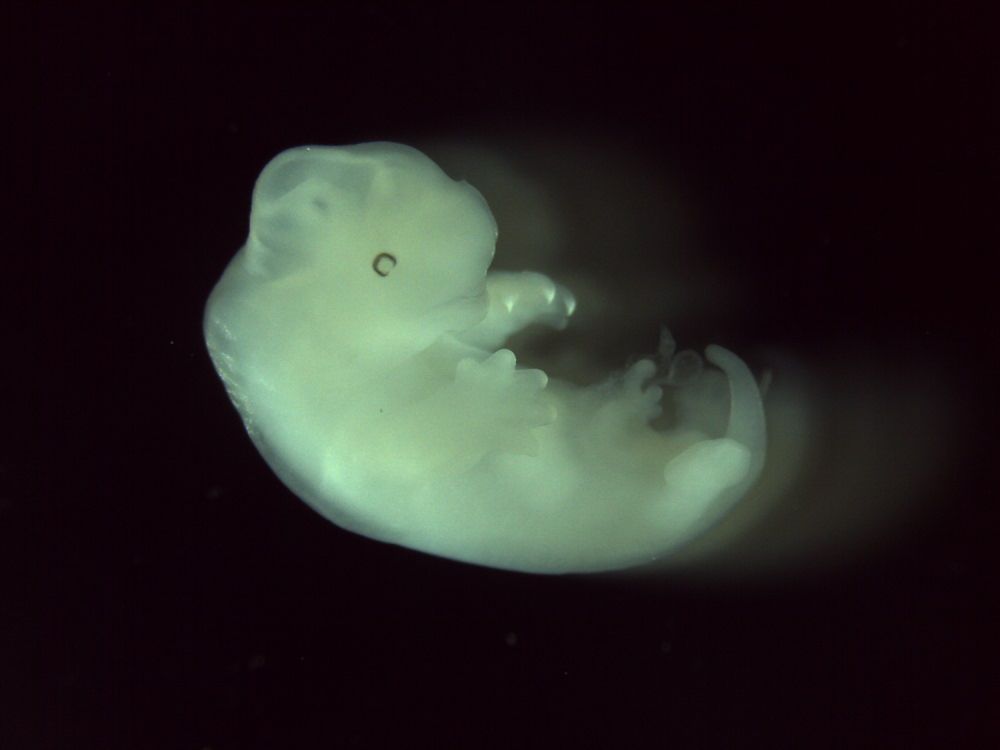
@pnas.org Front Matter posted a nice summary of our recent work on opossum development @crick.ac.uk Thanks Amy McDermott for the highlight, and @amartinezarias.bsky.social for the comments. It says '6 min read', so now might be a good time
www.pnas.org/post/journal...
Paper alert! 🚨 Something new from us, and this time it's not sex chromosome related 😱 All led by @sermenchero.bsky.social who used the opossum as a model to understand developmental heterochrony. Transcriptional and morphological progression of dev programs are decoupled www.cell.com/developmenta...
25.07.2025 10:45 — 👍 5 🔁 1 💬 0 📌 0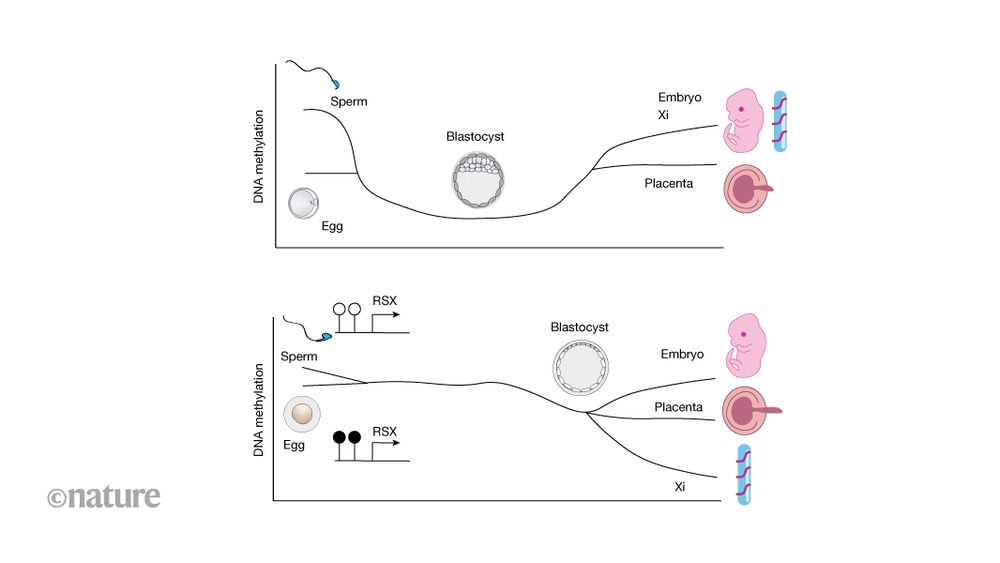
You can also read a research briefing about the paper here: www.nature.com/articles/d41...
15.05.2025 15:13 — 👍 5 🔁 1 💬 0 📌 0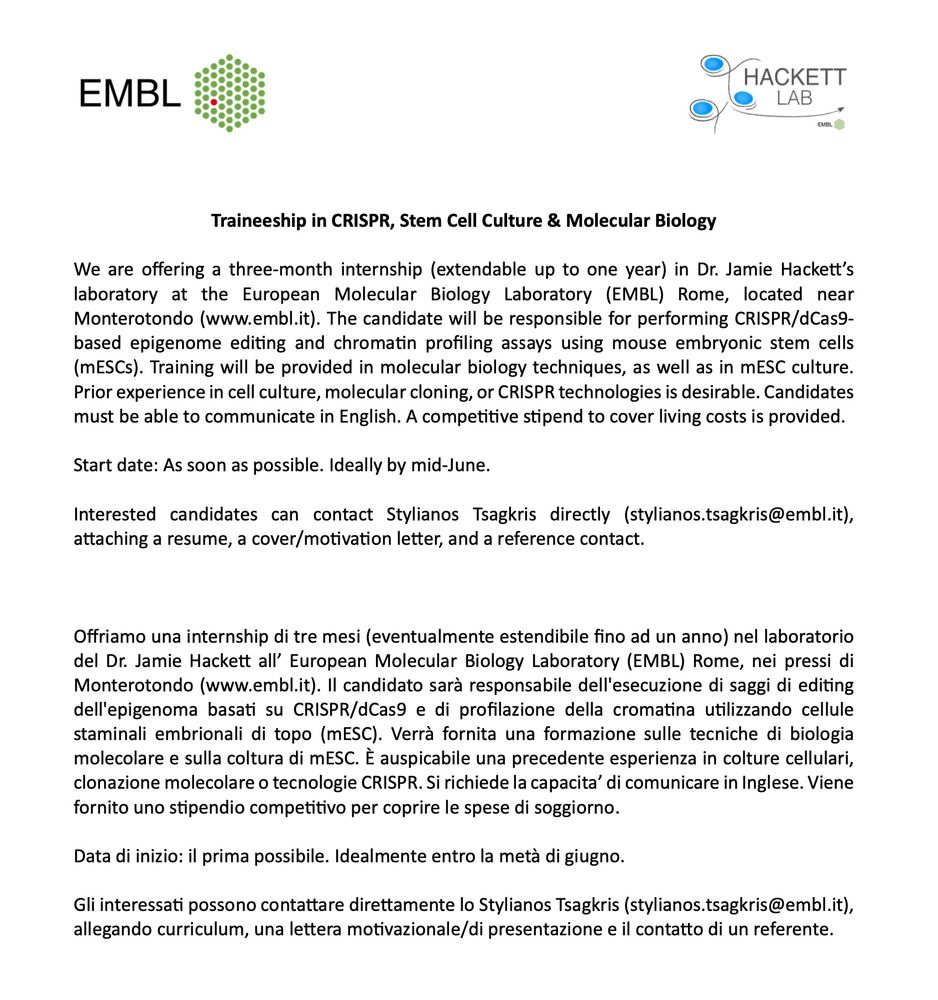
We are looking to take on an intern at EMBL Rome, for anyone interested in CRISPR and Epigenetics training.
The traineeship is 3-12-months, in Rome (Italy), should start by July, and is supervised by the outstanding @steliostsagkris.bsky.social.
#job #internship; see info below...
Thank you!
15.05.2025 14:47 — 👍 0 🔁 0 💬 0 📌 0This project was a massive team effort, within our lab, with collaborators, and with help from @crick.ac.uk facilities @sermenchero.bsky.social @aureliencourtois.bsky.social and others not on Bluesky
14.05.2025 16:01 — 👍 2 🔁 0 💬 0 📌 0In marsupials, X inactivation is imprinted, affecting the paternally-inherited X chromosome, and is thought to be regulated by the non-coding RNA RSX. When comparing sperm and oocytes at the RSX locus, we see a differentially methylated region, which might be a regulatory mechanism for imprinted XCI
14.05.2025 16:01 — 👍 1 🔁 0 💬 1 📌 0Of course, we also dig into epigenetic regulation of X chromosome inactivation. The inactive X in adult marsupial cells adopts an unusual hypomethylated state – devoid of DNA methylation. Using our embryo data we show that the inactive X progressively loses methylation throughout early development
14.05.2025 16:01 — 👍 0 🔁 0 💬 1 📌 0Our study suggests that a unique extra-embryonic methylation state is a conserved feature of mammals – and therefore is likely to be important for the evolution of the placenta
14.05.2025 16:01 — 👍 2 🔁 0 💬 1 📌 0Secondly, after 5 days, DNA methylation drops, but does so largely in the extra-embryonic trophectoderm cells that will go to form the placenta, while remaining largely unchanged in the cells that give rise to the embryo proper
14.05.2025 16:01 — 👍 0 🔁 0 💬 1 📌 0The paper provides two main important findings. Firstly, in contrast to mouse, early wiping of DNA methylation simply doesn’t happen in the marsupial embryos (up to day 5), with methylation levels remaining consistent during embryo genome activation and pluripotent stem cell formation
14.05.2025 16:01 — 👍 1 🔁 0 💬 1 📌 0To address this question, we looked at the DNA methylation of marsupial embryos, which split from eutherian mammals 160 million years ago. By leveraging the more spaced out embryo development in marsupials we mapped changes in the epigenome to the processes described above
14.05.2025 16:01 — 👍 1 🔁 0 💬 1 📌 0In eutherian (placental) mammals, the early embryo “wipes” its epigenome, but we don't know why. Many things happen early in placental mammalian embryos, and all in very quick succession: the embryo genome activates, pluripotent stem cells appear, and the placental precursor cells are formed
14.05.2025 16:01 — 👍 2 🔁 0 💬 1 📌 0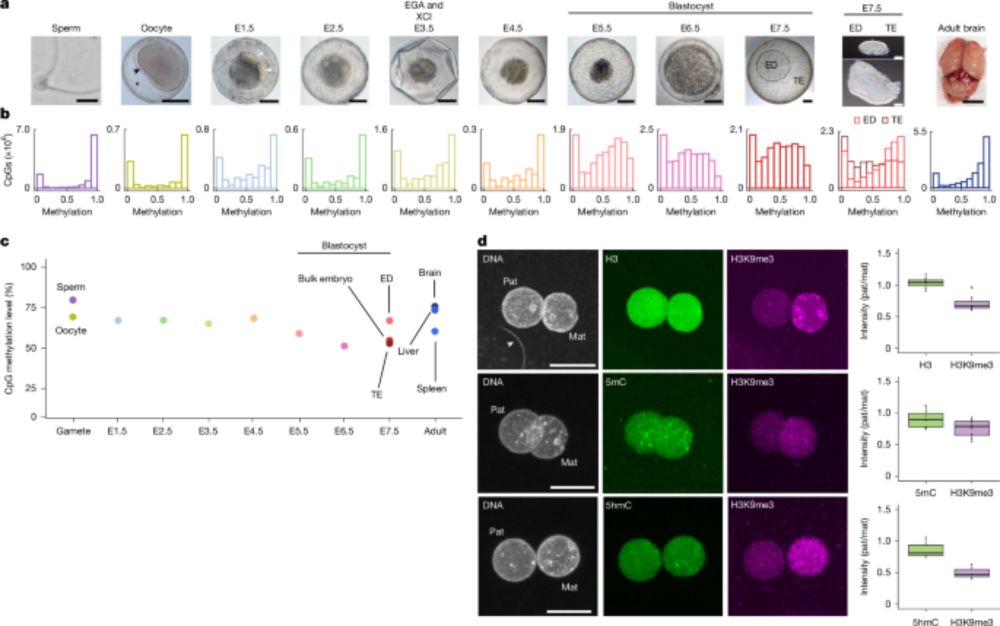
We're excited to publish our latest study led by Bryony Leeke @bryonyleeke.bsky.social and Wazeer Varsally, now out in @nature.com 🍾This study focusses on the epigenome of marsupial embryos 🦘 mapping DNA methylation in embryo development to specific embryo events www.nature.com/articles/s41... 🧵
14.05.2025 16:01 — 👍 98 🔁 38 💬 9 📌 4These well-defined cell lines provide a unique platform to investigate the role of sex as a biological variable across diverse cell types and to elucidate the impact of sex chromosome complement in human disease models 🧫🧬
07.03.2025 10:36 — 👍 2 🔁 0 💬 0 📌 0
We are excited to share our latest preprint led by Ruta Meleckyte and Waz Varsally! www.biorxiv.org/content/10.1... We generated a set of human isogenic induced pluripotent stem cells (hiPSCs) that are autosomally identical but differ in sex chromosome composition: XX, XY or monosomic X
07.03.2025 10:36 — 👍 12 🔁 5 💬 1 📌 0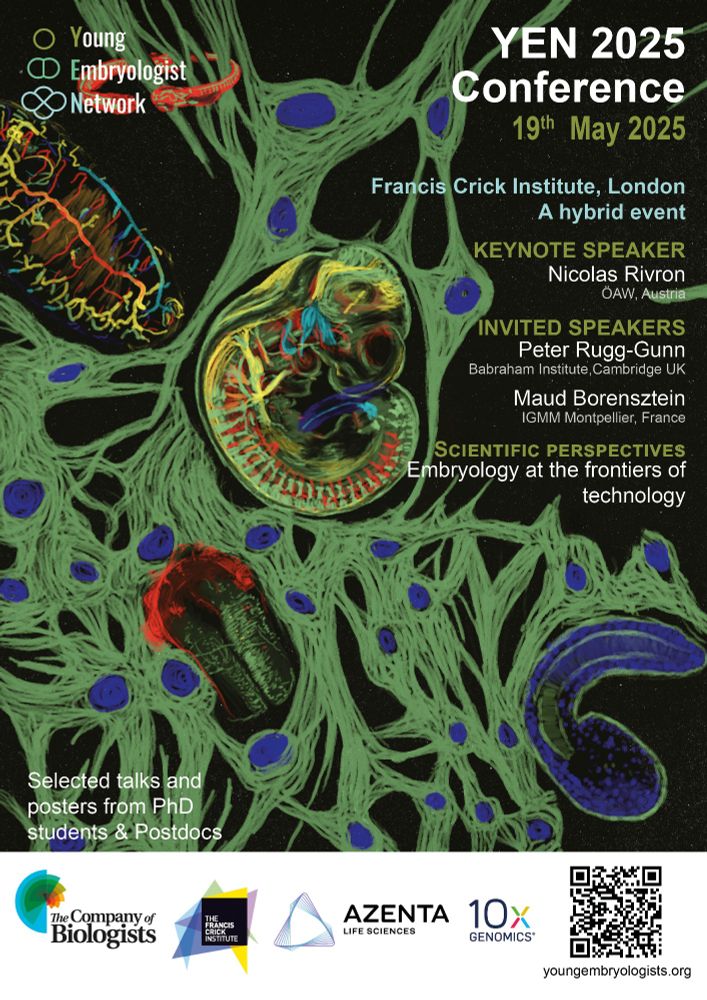
Registration and abstract submission for YEN 2025 is officially open!
We are looking forward to seeing you at the 17th Young Embryologist Network Conference on the 19th May 2025.
Attendence is FREE thanks to our amazing sponsors: @biologists.bsky.social @10xgenomics.bsky.social and Azenta.
Thanks, Lila!
27.01.2025 13:38 — 👍 1 🔁 0 💬 0 📌 0Thank you, Maud!
24.01.2025 15:06 — 👍 1 🔁 0 💬 0 📌 0This work was only possible because of the amazing facilities at @crick.ac.uk and our wonderful collaborators.
24.01.2025 11:19 — 👍 2 🔁 0 💬 0 📌 0We generate a bulk and single nuclei RNAseq atlas of Y-gene KOs, identifying possible underlying molecular mechanisms causing spermatogenic defects. We see an interesting impact of Y genes on somatic cells of the testis
24.01.2025 11:17 — 👍 0 🔁 0 💬 0 📌 0We make the equivalent of the human infertility AZFa deletion encompassing Uty, Ddx3y and Usp9y. We reveal phenotypes absent in single KOs, uncovering a detrimental cumulative effect of Y-gene loss on spermatogenesis.
24.01.2025 11:17 — 👍 0 🔁 0 💬 0 📌 0The transcription activator Zfy2 promotes meiotic pairing and reciprocal recombination between the sex chromosomes.
24.01.2025 11:15 — 👍 0 🔁 0 💬 0 📌 0We found that the histone demethylase Uty functions early in spermatogenesis, regulating the establishment of the spermatogonial stem cell pool and the later spermatogonial differentiation.
24.01.2025 11:15 — 👍 1 🔁 0 💬 0 📌 0While some Y genes are dispensable, others are key for mouse spermatogenesis. We find novel functions for Y genes in spermatogonial, meiotic, post-meiotic and somatic cells.
24.01.2025 11:14 — 👍 0 🔁 0 💬 1 📌 0Great summary of our latest paper studying the role of Y genes in spermatogenesis. ⬇️
24.01.2025 11:12 — 👍 3 🔁 0 💬 0 📌 0
We thrilled to see our latest study led by @jeremie-subrini.bsky.social now out in @science.org 🔬
What are the specific functions of each Y-chromosome gene in fertility ? We generated and studied 13 Y-gene KO mouse models to find out! 🧬
www.science.org/doi/full/10....